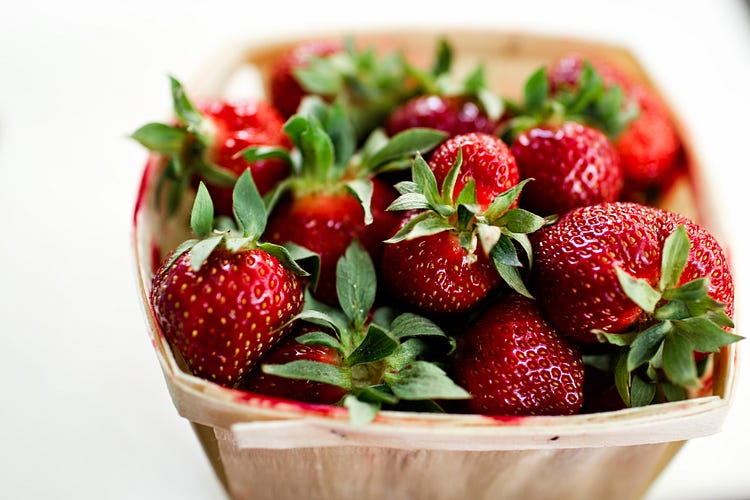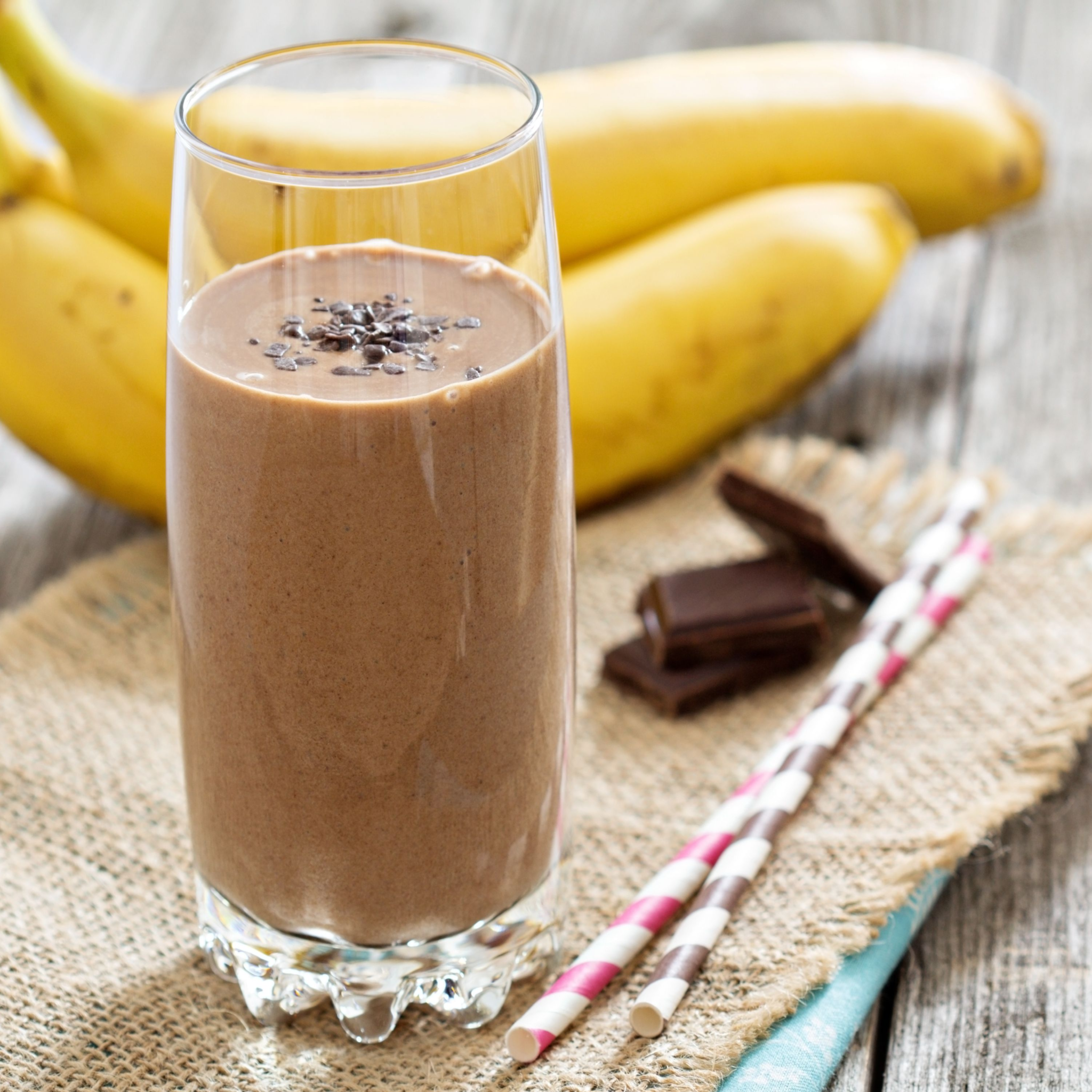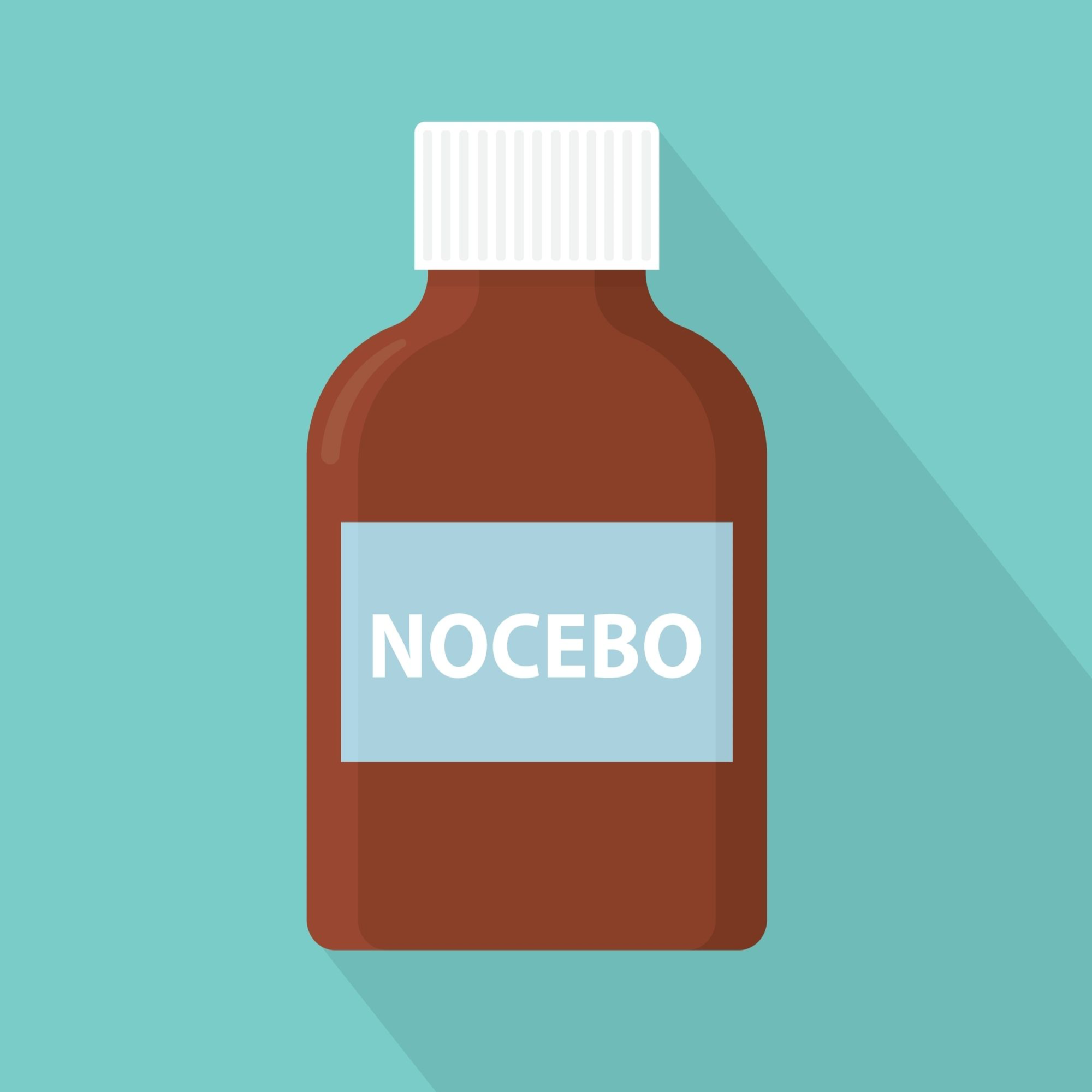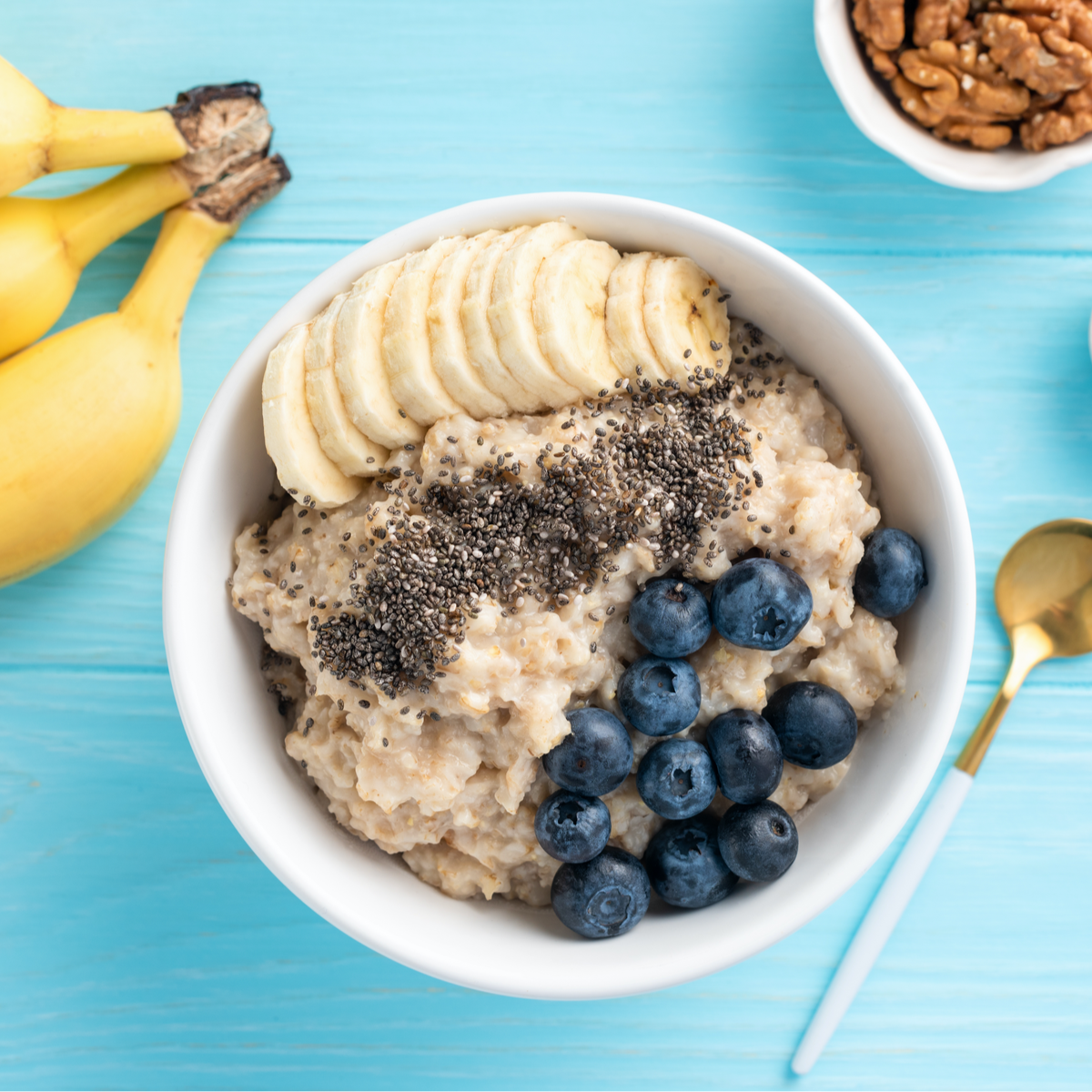
Your mom was right when she told you to eat your veggies. Around the world, we are failing to heed this advice, and paying for it — both in our health and in our national pocketbooks. The poor are failing the worst and paying the highest toll.
The statistics are alarming:
* Only 1 in 10 Americans consume the recommended number of daily servings of fruits and vegetables (1.5–2 cups fruit & 2–3 cups veggies for adults).
* Canadians (my home turf) are only slightly better off, at about 2 out of 10 getting enough fruits and veggies.
The consequences of this shortfall are significant. A 2013 study estimates the economic burden of this low intake to be $4.4 billion in Canada (about 1/10 the US population) and that even modest increases could bring huge health and economic benefits. We can squabble about the exact number because it is based on so many assumptions, but I don’t think anyone would argue that most of us could benefit from eating more fruits and vegetables.
Why aren’t we eating more fruits and veggies?
For many, the answer comes down to access, cost and convenience. We see this play out dramatically in low income areas.
Another force at play is fears of toxic pesticides in regular produce — the only affordable option for many families.
Some extreme anti-GMO and pro-organic lobbies claim that ONLY organic fruits and veggies are safe. This fear-based messaging doubly fires me up because 1) it is not rooted in evidence; and 2) it can contribute to lower fruit and veggie intake.
Should those that can’t afford organic avoid eating fruits and veggies? No!!!
Let’s take a science-based look at this question:
Are organic fruits and veggies safer than conventional fruits and veggies?
Along the way, you may find out some surprising things about organic food.
Before diving in, I want to be clear that I recognize that there more to the organic label than just pesticide use, such as regulations around ecological considerations. This article only speaks to the safety differences between organic and conventional foods, and specifically whether or not this is a reason to choose organic food.
Spoiler alert: Based on my research, I do not seek out the organic label when I buy fruits and veggies (dairy and eggs are a different discussion). I do, however, prioritize produce that is delicious, fresh, and local. I love shopping at Farmer’s markets but do not only visit the organic stands.





